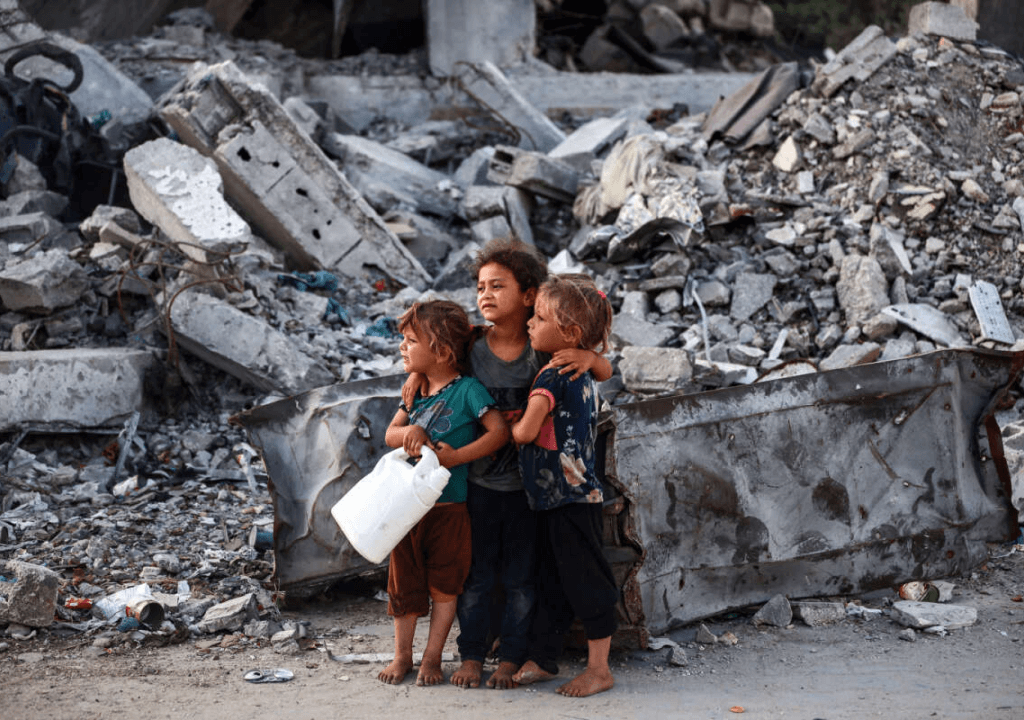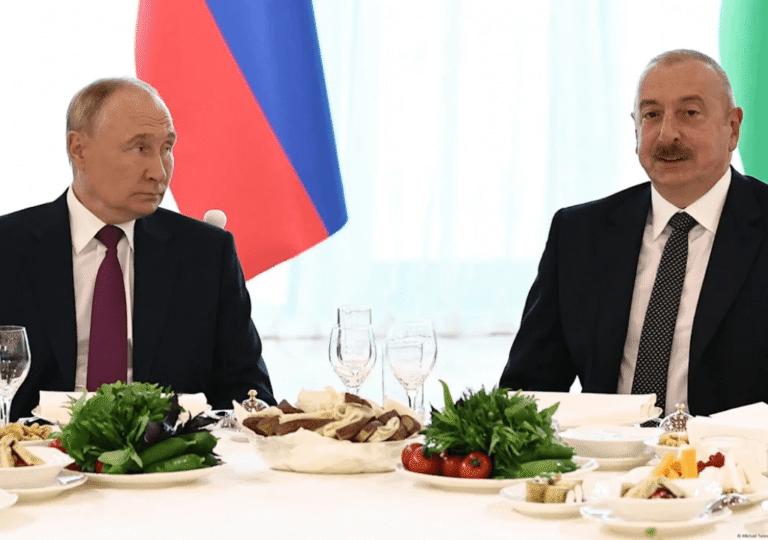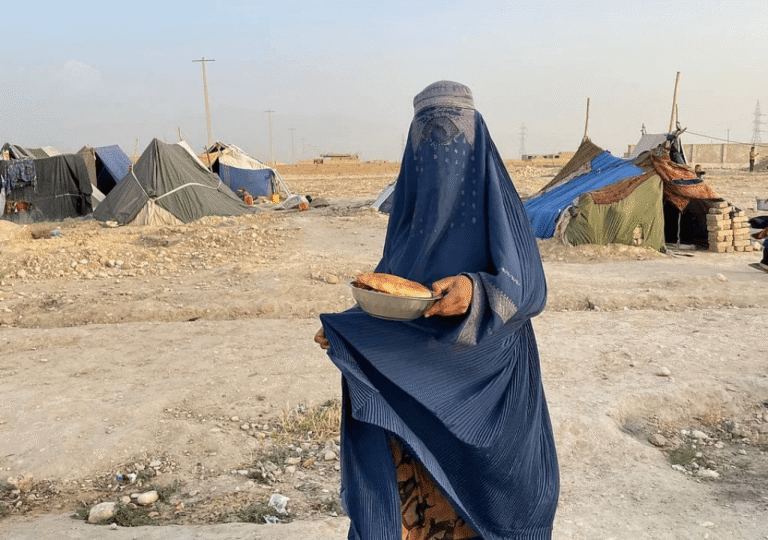It has been a year since Hamas, the organization that controls Gaza, carried out a cross-border attack on Israel. The brutal attack on October 7, 2023, drastically reshaped the politics of the Middle East. The old narrative of a united Islamic front against Jews has faded, shrinking into a conflict between Shia Muslims and Jews, while Sunni Muslim governments have largely withdrawn, appearing more aligned with Israel. Hamas’s attack, likely an Iranian attempt to disrupt the growing relationship between Saudi Arabia, a leading Sunni state, and Israel, seems to have clearly backfired. It shifted the narrative from portraying Palestinians as victims of a cruel Israel to one where Israel is seen as needing counterattacks for security. Deeply humiliated by the unexpected assault from Iran’s proxy, Hamas, Israel is now in full retaliation mode—not just against Hamas, but targeting all Shia militant groups, with Iran as the ultimate focus.
The Hamas attack is now being commemorated worldwide on its anniversary. Today, many events and rallies are taking place globally to remember the largest massacre of Jews since World War II. More than 1,200 men, women, and children were killed that day in a country built to guarantee their safety. Another 250 people—including a nine-month-old baby—were taken hostage. Many remain captive, and some may never return home.
Following the Hamas attacks, Israel received considerable global sympathy. The country has since leveraged this support to embark on a mission to eliminate all threats surrounding its borders. Additionally, the attacks successfully united a nation that had been deeply divided over internal politics. Prime Minister Netanyahu, a shrewd and seasoned politician, has skillfully capitalized on the situation.
At the same time, many pro-Palestinian and anti-war rallies are taking place on the anniversary of Hamas’s attack on Israel. Many supporters view Hamas’s actions as revolutionary and believe they should be commemorated. Interestingly, these pro-Palestinian rallies are widely seen in Europe and parts of Southeast Asia, while countries like India and those in the GCC have remained largely absent
These rallies condemn Israel, which is now punishing Gaza and Lebanon. They argue that Israel’s right to defend itself does not allow it to violate the laws of war. Protesters are outraged by the Israeli onslaught on Gaza, which, according to Gaza’s health authorities, has killed over 41,500 Palestinians, most of them women, children, and infants—though Israel disputes these figures. Survivors are displaced, starving, and desperate, as the humanitarian crisis deepens with Israel continuing its war. Additionally, around 2,000 people have been reported dead in Lebanon, with deaths also reported in Syria, Iraq, Yemen, and Iran in relation to the conflict.
Destruction and bloodshed in the Middle East are expected to continue, with strong fears that the region is sliding deeper into war. What began with Hamas and Hezbollah has now clearly escalated to involve Iran. It is becoming increasingly apparent that the conflict is primarily between Israel and Iran, with less focus needed on groups like Hamas, Hezbollah, or the Houthis.
The war on social media, which spreads misinformation and hate, has become more visible over the years and is likely to intensify in the coming days. Over the past year, we’ve witnessed a decline in the reliability of traditional media regarding the Israel-Iran proxy conflict, often labeled as liberal, left-wing, or pro-Islamic by critics online.
When analyzing the October 7th attack and its aftermath, it is clear that the Middle East no longer resembles the previous era, when Palestine united not just Arab nations but Muslims worldwide. Countries like Saudi Arabia, Egypt, Jordan, Lebanon, and Syria—once vocal opponents of Israel—seem disengaged now. Many had expected these governments to rally behind Hamas, but that support has significantly faded in recent months.
In global politics, Israel has regained its importance and is enjoying a stronger position. Another political shift is evident: while Europe, with its large Muslim population, is witnessing more pro-Palestinian rallies, Asia, which used to be the epicenter of such movements, now appears more pro-Israel, especially in countries like India under Prime Minister Narendra Modi. This conflict between Israel and Iran also highlights a unipolar world, with Russia and China appearing weaker in international politics. Most importantly, the Palestinian dream—the global Muslim dream of Palestinian statehood—seems to be fading.








